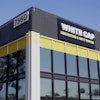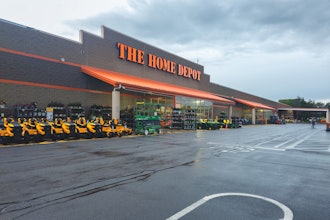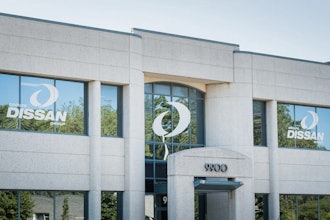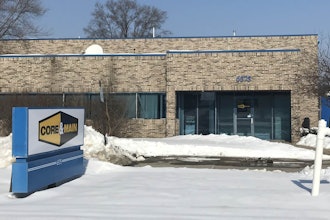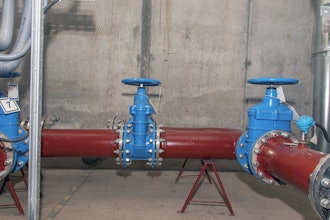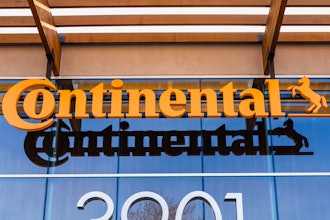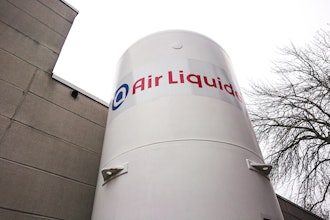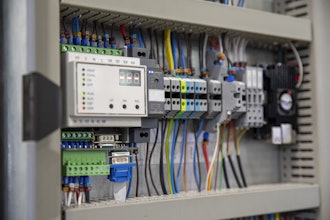After releasing its 2016 third quarter fiscal earnings statement Thursday, Stanley Black & Decker indicated its three-year “self imposed” hiatus of M&A activity is coming to an end and the recent $1.95 billion purchase of Newell Brands’ tool business may be only the beginning of further acquisitions.
James M. Lorree, president and CEO of Stanley Black & Decker, told financial analysts that the Newell purchase, despite its size, is considered a bolt-on acquisition for the company’s existing tool business.
“I'm not underestimating the importance of getting that integration right at all. It's a top priority for us, but there are other businesses in the portfolio, and there's also some other activity going on in the tool industry that might lead to further consolidation, which we would intend to be a part of,” Lorree said, according to a conference call transcript from Seeking Alpha. “So we'll do more deals as we go forward and it will be a contributor to our growth. We expect our organic growth to be 4 percent to 6 percent over the long-term, and we expect acquisitions to contribute another 5 percent, 6 percent annually above that."
Stanley said in early October it would buy Newell Brands Inc.’s tool business, adding brands such as Irwin, Lenox and Hilmor to its lineup. Newell, which owns more than 160 brands including Sharpie markers and Rubbermaid food containers, had said it would divest about 10 percent of its business portfolio to streamline operations following its acquisition of Jarden Corp earlier this year.
The Newell Tools acquisition, with its industrial cutting, hand tool and power tool accessory brands, is expected to broaden the reach of Stanley Black & Decker's global tools and storage business.
Lorree pointed out that in addition to clearly identified and achievable cost synergies, there is a tremendous strategic value for Stanley Black and Decker in making the acquisition.
“We see significant opportunities for revenue synergies in both the short-term and the long-term. Those opportunities include channel optimization, cross branding of product lines and geographic expansion,” he said.
The acquisition is expected to close in the first half of 2017.
Lorree said that Stanley is fortunate that it still has the same Tools senior leadership team that integrated Black & Decker, and that team is now focused on the Newell business. That team helped the integration and creation of Stanley Black & Decker in 2010 after the $4 billion all-stock merger of Stanley Works and Black & Decker Corp.
“The Lenox and Irwin brands are among the best in their respective categories and are attractive and powerful additions to our portfolio,” he said, noting the acquisition extends Stanley’s channel presence into the plumbing and electrical trades.
Lorree pointed out that for the past 15 years his company historically has taken 50 percent of its allocated capital to M&A and the other 50 percent went to shareholders in the form of dividends and purchases, a successful strategy that has quintupled the size of Stanley.
“So we like that formula, and when we took the break it really was an opportunity to digest many of the acquisitions that we did over that timeframe. And now, we're back and we intend to kind of continue with that 50 percent allocation of excess capital to M&A,” Lorree said.


